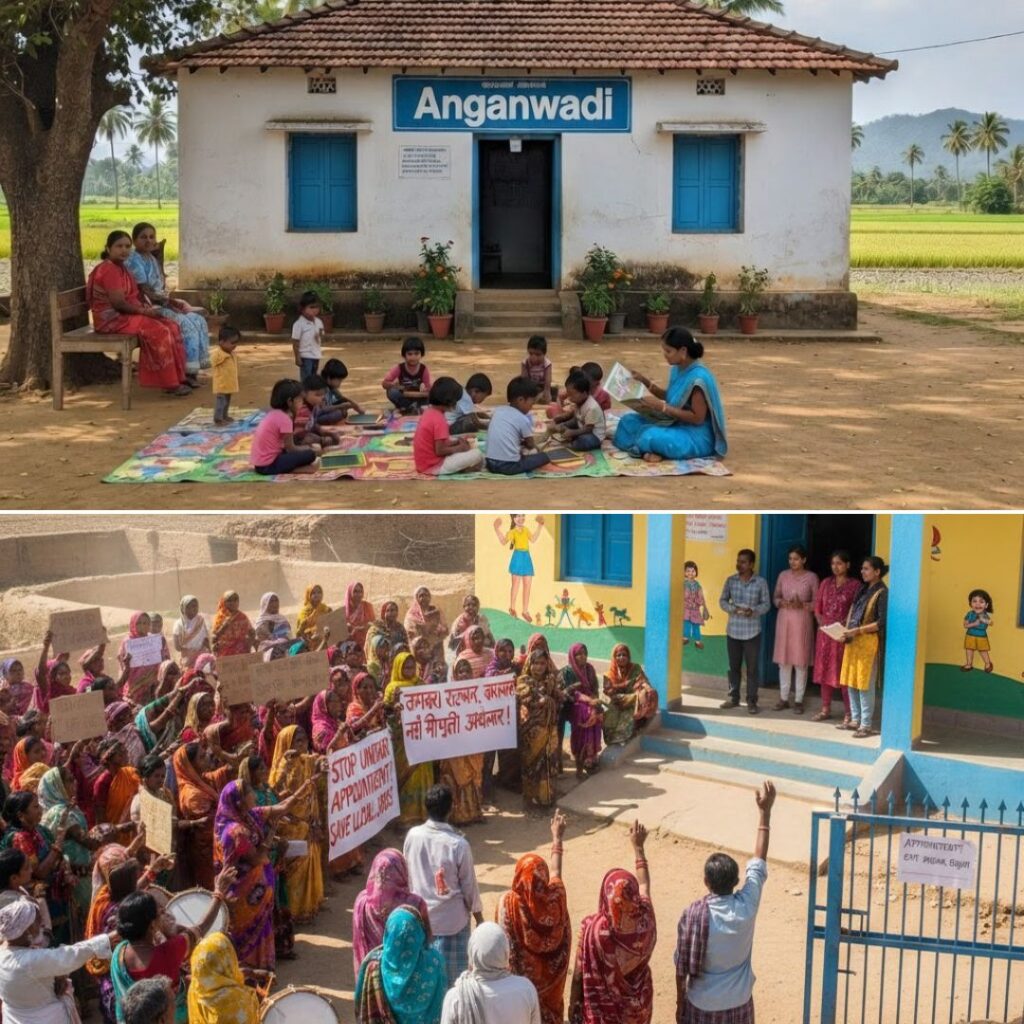The new naming of taxes is misleading, to say the least, not that naming of taxes hasn’t been done before. The recent taxes which the consumer pays is Swachh Tax and Krishi Kalyan Cess. The name of the taxes is evident as for the purpose of tax being concerned. But this is strange, to say the least, to collect separate taxes for cleaning India and for farmers. To know why it is strange let us look at a couple of instances when taxes were named after schemes/social issues.
The two instances we would like to bring to your attention is the green tax which was collected for coal. The whole idea of taxing coal came in the back drop of increasing pressure on countries to create a fund that would fund green projects. The second instance was when Right To Education (RTE) moved its way from Directive Principles Of State Policy (DPSP) to Fundamental rights of the Indian constitution. The tax money collected would go on to facilitate quality education provided for all sections of the society. As we see in both the instance, global agreements on climate change initiated the green tax whilst constitutional changes wrt education warranted the education cess. Let us now compare this with Swacch Cess and Krishi Kalyan Cess.
Making India clean starts and largely depends on the municipality and corporations and the resources they have. Any efforts to clean India is best served by empowering the municipalities and other decentralized democratically elected bodies by powers and resources. Central collection of taxes does very little in furthering the cause besides the already existing tax structure in the center and state funds the corporations and municipalities for their smooth functioning, it begs the question why a new tax was collected when existing taxes did the work of cleaning up India? Similarly, issues faced by farmers suicides, loans, insurance etc have been existent for long and considerable resource allocated for the same. It is the inefficient spending and corruption which has been a stumbling block in ensuring benefits reach them. Unlike the examples given in the previous paragraph where there were international agreements and constitutional mandates that required additional resources which were not foreseen. Are farmers suicide a new issue or presence of filth is a new issue that warrants a new tax?
It is obvious that the new taxes is due to want of more resources/money and not for the purpose of controlling inflation. It raises the question why does a country which grows at more than 7 % needs new taxes for every new issue/scheme? especially when existing taxes already addresses these issues. Where are the additional resources which are accrued due to 7% + growth ? Are we calculating growth right? Are these taxes justified? You be the judge.











